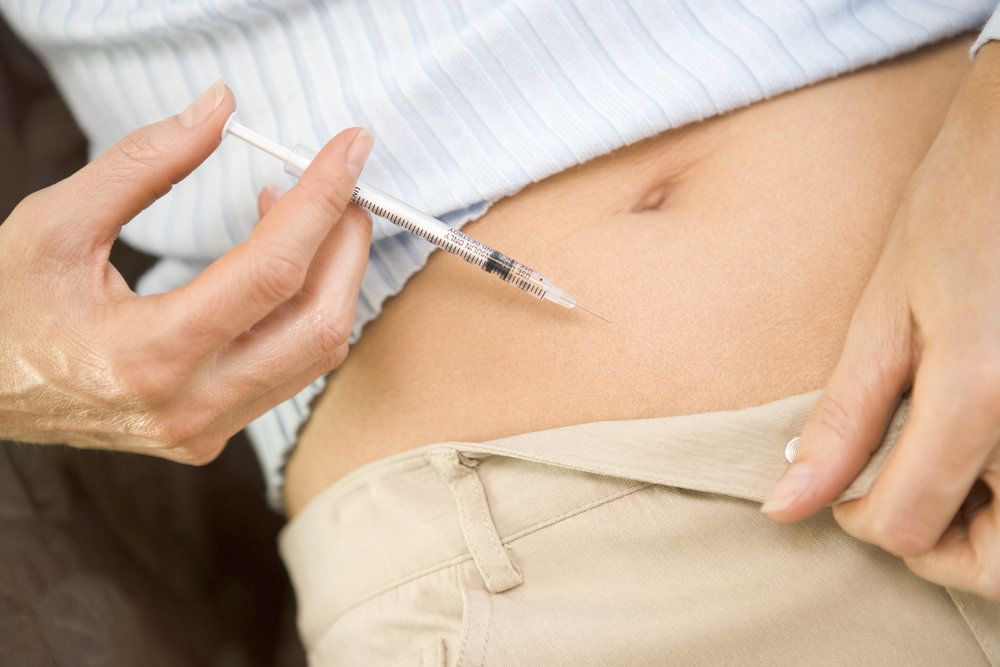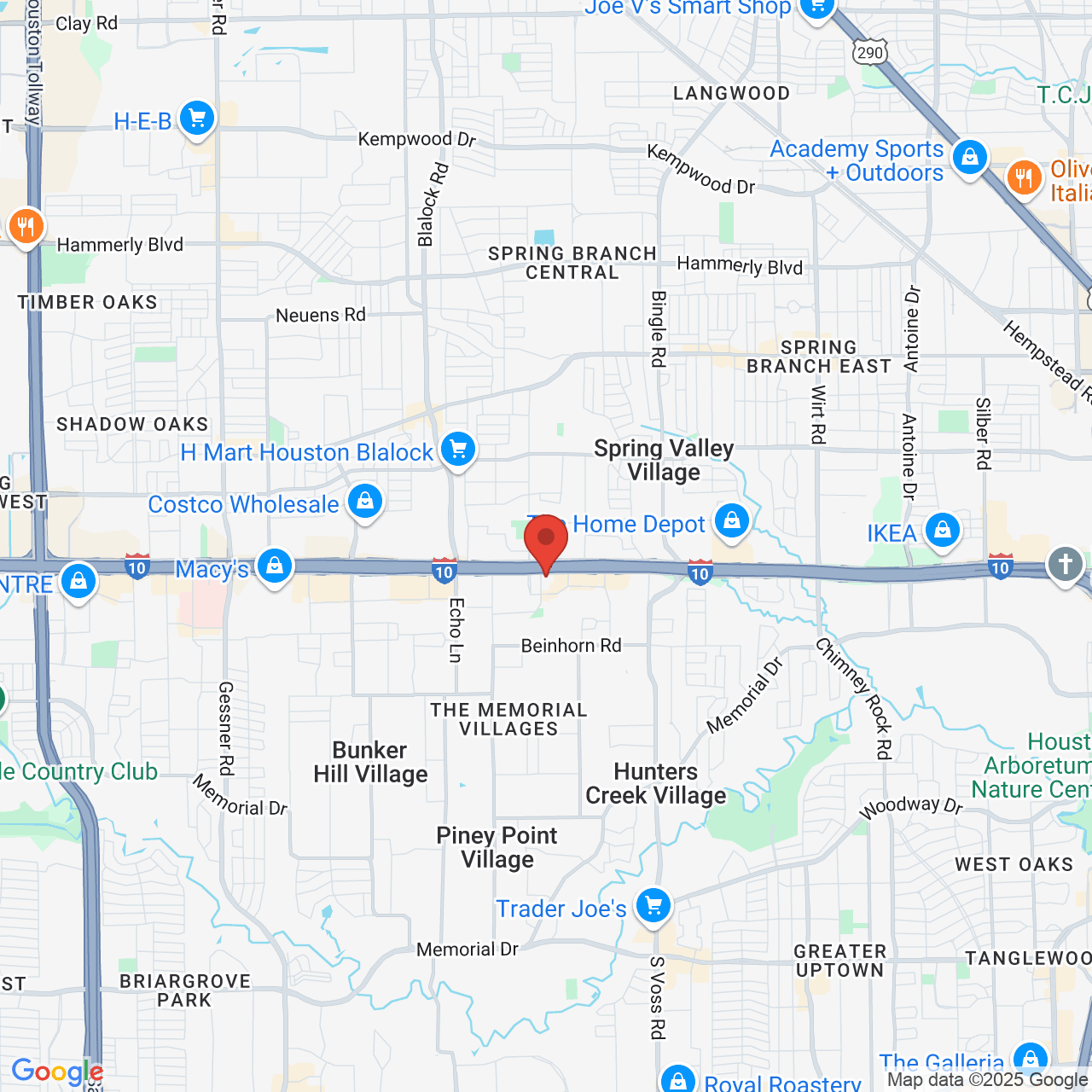What Is the IVF Trigger Shot and Why Is it Necessary?
 In vitro fertilization, or IVF, has helped many people who have faced challenges conceiving to become parents.
In vitro fertilization, or IVF, has helped many people who have faced challenges conceiving to become parents.
Although IVF has become more common, it's normal for those interested in this fertility treatment to have questions about the process and medications needed. One thing patients often have questions about is the trigger shot needed for egg retrieval.
At Houston Fertility Center, Dr. Sonja B. Kristiansen explains the role of the IVF trigger shot, alleviating our Houston, TX, patients' concerns. If you would like more information, we welcome you to schedule a consultation.
What Is a Trigger Shot?
The trigger shot is a hormonal injection used during IVF treatment; it triggers the ovaries to release the eggs. This allows us to collect the eggs and fertilize them with the partner's sperm or donor sperm.
Trigger shots use hormones to trigger a response. The hormones most commonly used are human chorionic gonadotropin, hCG, or luteinising hormone, LH. These hormones tell the ovaries that it's time to ovulate, or in other words, to release matured eggs.
The Importance of the Trigger Shot In IVF
The trigger shot is important to IVF treatment for two main reasons: starting egg meiosis and helping with the timing of egg collection.
- Egg meiosis: Once the trigger shot is given, the hormones in the shot signal to the eggs to begin a process called meiosis. Meiosis naturally occurs before ovulation and is necessary for egg maturation. During meiosis, the egg sheds half of its chromosomes, going from 46 to 23. This is necessary so that the 23 chromosomes in a sperm cell can combine with an egg for fertilization.
- Timing of egg collection: After the trigger shot is given, there is a window of time, usually 36 hours after the shot is injected, during which time the ovaries will release the mature eggs. Given this window, it's possible to schedule a specific time at our Houston clinic to collect the eggs when they are most likely to be released.
When Is the Trigger Shot Given?
Timing of the trigger shot is important because it allows us to control when mature eggs are released for IVF collection at our Houston clinic.
The trigger shot is typically timed to coincide with ovarian follicle development, which is generally tracked using ultrasound imaging.
Once ovarian follicles have grown to the desired range of size, which is an indication of egg development, the trigger shot will be given to start the process of meiosis and egg release.
Who Gives the Trigger Shot?
Generally, trigger shots are self-administered once the follicles are determined to be in the optimal size range for egg development.
Trigger shots are injected either intramuscularly, meaning into the muscle, or subcutaneously, meaning under the skin. Most patients, especially when administering the shot themselves, prefer the subcutaneous approach.
Patients are advised on when to give themselves the trigger shot and should stick to the advised time. An appointment to collect the eggs will be scheduled for about 36 hours after the shot is given. Accordingly, it is important that patients inject the trigger shot at the time they are advised so that the timing of the eggs' release will coincide with their appointment for egg retrieval.
Schedule a Consultation
If you and your partner have had difficulty conceiving, fertility treatment at the Houston Fertility Center may be right for you. To learn more about fertility treatment, including IVF, please call (713) 862-6181 to schedule a consultation with Dr. Kristiansen.


